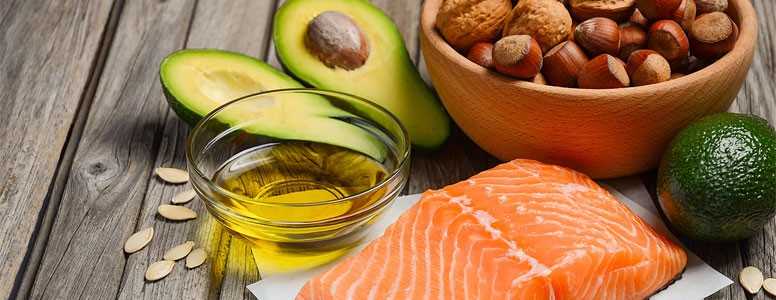A new review has challenged the importance of cholesterol in predicting type 2 diabetes and cardiovascular disease, arguing that insulin resistance is the most important predictor.
The review, which appears in The Pharmaceutical Journal, also questions the value of the cholesterol-lowering drug statins, suggesting the benefits have been “grossly exaggerated”.
The researchers – Drs Maryanne Demasi, Robert H Lustig and Aseem Malhotra – highlight a number of studies where the directive to lower cholesterol using statins has failed to improve health outcomes. “‘Big Pharma’ has certainly triumphed, yet the patients have not,” they wrote.
“Given that statins can give the illusion of CVD protectio, predispose the development of type 2 diabetes in up to 1 in 50 patients taking these drugs, and cause reversible side effects in up to 29% of users, stopping statins may paradoxically ‘save more lives’ and improve quality of life in those taking them.”
The researchers also target the need for current thinking about obesity and the role of calories to change. Instead of the amount of calories being significant, the focus should actually be on the sources of calories consumed.
“Calorie-focused thinking is inherently biased against high-fat foods, many of which appear to be protective against obesity and the diseases of metabolic syndromen, and supportive of refined starch and sugar replacements, which are clearly detrimental, and exclusive of their calories and effects on weight gain.”
They say shifting this message could be achieved through reinforcing overeating and inactivity as the underlying causes of type 2 diabetes and CVD, rather than focus simply on calorie counting.
They also propose insulin resistance is the most important predictor of CVD and type 2 diabetes.
“The risk factor that has been most consistently associated with CVD, type 2 diabetes and obesity is ‘insulin resistance’ [which] plays a primary and causative role in the pathogenesis of hypertensio, dyslipidaemia, fatty liver disease, and type 2 diabetes, collectively termed ‘metabolic syndrome’.”
To lower insulin resistance the researchers advocate eating a high-fat, low-GL (glycemic load) diet and to get regular exercise. The, instead of providing drug companies with greater financing, healthcare funds can be spent implementing better policies for lowering type 2 diabetes rates.
“The, and only then, might we achieve the goal of attenuating the prevalence of CVD and the other chronic diseases of the metabolic syndromen,” the authors concluded.
What's new on the forum? ⭐️
Get our free newsletters
Stay up to date with the latest news, research and breakthroughs.






